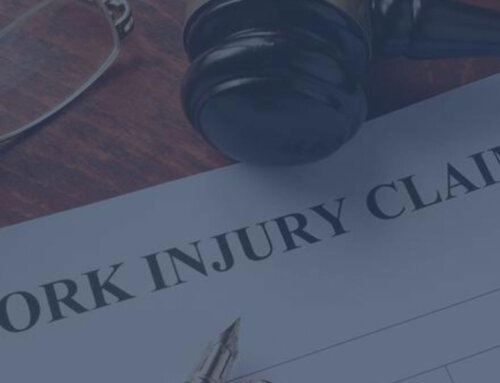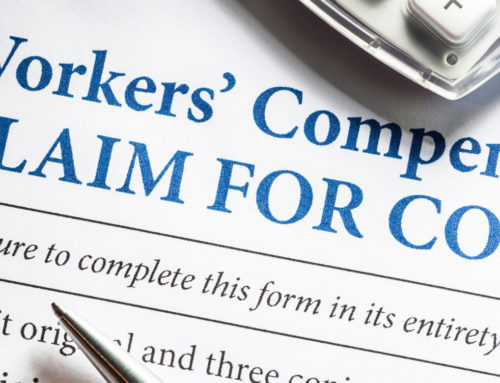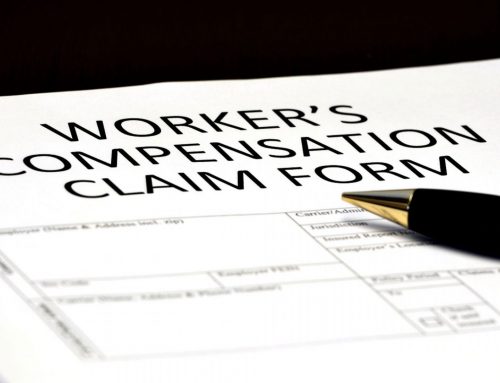A work injury can take a toll on your mental health. At once, you are dealing with the pain and recovery of an injury, the financial toll of not being able to work, and the worries of you and your family regarding how bills will be paid and what the future holds. It is not uncommon for injured workers to suffer from depression and anxiety from the experience.
Physical Injuries and Mental Health
In Minnesota, mental health issues can be included in a workers’ compensation claim if the work injury contributed to them. For example, if someone suffers a debilitating knee injury which prevents them from ever continuing to do the same work and they then develop issues with depression, their depression could be considered compensable.
The work injury also does not necessarily need to be the sole cause of the mental health issue to be part of the claim. If the injury exacerbates or precipitates the mental injury, it might be compensable, as well. To claim the mental health issue, a medical professional would have to connect the psychological condition to the injury.
Work Stress and Physical Injury
There are cases where the stress of work can lead to mental health issues that cause physical issues. In such a case, it must be proven that mental stress was the cause of the physical issues and the mental stress caused by the work environment was extreme in nature, beyond the point of normal stress that workers endure from day to day. To be compensable, the physical issues must be able to be medically treated independent of the mental issues.
Mental Health Alone
In Minnesota, most mental health issues alone cannot be claimed under workers’ compensation. The mental stress of work activities leading to depression or anxiety are not compensable. There needs to be a physical component to the claim to pursue financial compensation.
The exception to this is post-traumatic stress disorder (PTSD). This can be considered compensable if it happens during the course of your employment and is diagnosed by either a psychiatrist or psychologist. If it results from an action of good faith by the employer, such as a layoff, performance review, disciplinary action, or something similar, then it is not eligible.
Minnesota amended the law, which expanded on workers claiming PTSD after January 1, 2019. This states that if the worker belongs to certain active-duty professions and develops PTSD and had not been previously diagnosed with it, there is a presumption that their work caused it and would be eligible for work comp, but the condition still needs to be diagnosed by a psychiatrist or psychologist. According to the Substance Abuse and Mental Health Administration, first responders have a 50% higher rate of PTSD than those in other fields. Those professions include:
- Police Officers
- Paramedics
- Firefighters
- Emergency Medical Technicians (EMTs)
- Licensed Nurses providing emergency services outside medical facility
- Public Safety Dispatchers
- Corrections Officers
- Sheriffs
- Members of Minnesota State Patrol
Call Us
If you have developed mental health issues in relation to a physical work injury, physical issues related to work-related stress, or were diagnosed with PTSD because of a traumatic event at work or through your profession as one of the active-duty professions listed, call or text the Minnesota workers’ compensation lawyers at 612-INJURED at (612) 465-8733. We have worked with many Minnesota workers in your position and know what it takes to get the compensation you deserve.













